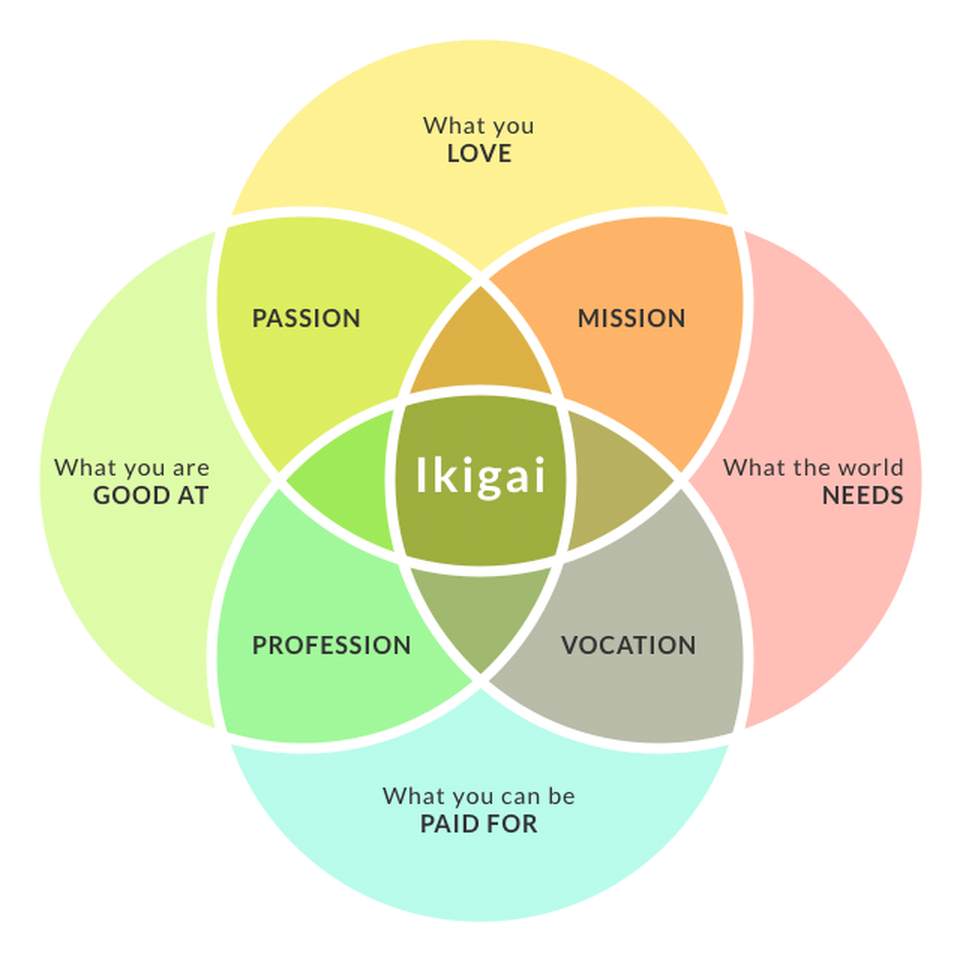Honesty in a time of freedom
History is always explained through someone’s words, which means that “history” is not the past itself, but how we tell it.
Why words are important for musicians?
If we learn something about human interaction it is that in general humans are highly susceptible to what one does and says.
Our words sometimes end up being linked with meanings and situations that are not always positive. Therefore their original meaning is distorted or forgotten.
This is an article for musicians seeking for a healthy relationship with words, people, and music.
There are words which have a beautiful and positive origin, even if some interpret them differently. Let’s talk for example about purism. The word comes from pure and means clean, unmixed, free from dirt. Strictly adhering to the meaning of pure a performer who values performing with pure emotions or with a clean technique can be a purist. One can be purist in many ways, and they could all be positive.
Probably some of you are thinking “well, those who use this word mean something else”. Yes, often they mean the music being done in a very concrete way. Let’s get to the point.
History is always explained through the someone’s words, which means that “history” is not the past itself, but how we tell it.
The past is like a 10,000-piece puzzle, where several hundreds or thousands of pieces are missing.
We can figure out the final image of the puzzle with the surviving pieces. Or we can forget about the puzzle and live our fantasy past to create our own “history”.
In my view the only person who could have a chance to become a real purist is probably the one who has all 10,000 pieces.

To fusion or not to fusion, this is the question
Other considerations can be done if we consider a purist a person using more or less of the surviving puzzle pieces.
The two options can be translated into these points:
- The first – which is imaging the final image of the puzzle with the surviving pieces – is done with the help of period sources and interdisciplinarity (puzzle pieces), reconstructing instruments of the period, and doing as much as possible to get to the core of what that music was, having in mind the period mindset, background and function.
- The second option – forgetting about the puzzle and living our fantasy past – means being probably aware of a portion of the previous group but now accepting willingly other elements that might not necessarily be linked to the musical period and region. The amount of knowledge on period sources here can be variable.
Disclaimer: these two groups are created according to objective and methodology. Which means quality and artistic input are not considered among the criteria.
Some music consumers believe that most of medieval music performers belong to the first group, so is musicians using only period pieces. However, reality is a little bit different.
For the first option an enormous research time is needed, and only a few will dedicate such time and effort. It is natural and necessary to find a balance between things we like to do and things we have to do in life. The complexity of such choices can be represented in the Ikigai (below). If the purpose is to get the puzzle done with all the surviving pieces, the work is endless.

Some say “anyway, we will never know how music was performed”. Right, this is true, we don’t own all 10,000 pieces. I personally think that nothing stops us from wanting to understand and get as close as we can to the complete puzzle image. It would be a pity to miss certain valuable pieces of information that DO exist. They can be of great help for us. At least we can make good use of what we know, so having a few pieces is better than none.
When pieces of the puzzle are missing, we fill in holes with whatever we think suits the image. The final image will have a part of fantasy at the end. A well-deserved applause to those who do the research. Some prefer not to do this research but definitely want to enjoy its fruits.
This leaves us with most of the musicians – if not all – in the second group. The second group is also the one we have been listening to most of the time since we were born, influencing our taste. Just need to watch in FB these so-called CD-challenges to see what music impacted on your favourite musicians. So, it is evident that this second option, no matter how mixed with other periods or styles, has been always successful. There is a public for every style, a public who appreciates each of them.

No matter what type of music you do, there will always be people who will be pleased with your product, who love listening to you. This public makes your product valid and valuable. They mostly don’t care or don’t know how to distinguish whether or not you are making all possible effort to be as close as possible to a certain musical period.
Listeners have different expectations which can carry them away much more than any academic research. Like for example artistic performance, technical skills or creativity.
Another group of people happen to be in the second group not because they have chosen it, but because of ingenuity in the positive sense of the word. Some have taken as a reference point those artists who have acquired a status of authority in early music through fame. It is easy to link fame with the “closest option to the 10,000-piece puzzle”. However, fame can be acquired through a number of factors not necessarily related to their engagement to collecting puzzle-pieces.
This phenomenon is a well-known cognitive bias whereby we often blindly believe that what a famous person does is an example of trustworthiness. This bias occurs independently of the person’s accuracy, honesty and reliability.
Honesty
Since getting into the first group is not easy, let’s then meet in the second group. There of course there are different possibilities. Some will tend to get as close as possible to the puzzle pieces, and others will prefer to grab the paint and add their personal style.
Honesty is important for one reason: if you tell your listeners you are selling a certain type of music, and then they discover that it is not what you said, they might not react well. How would you react if you were allergic to a certain ingredient and the food label has intentionally omitted your allergen? The case could even bring the company into an unhappy situation and seriously undermine their reputation.
Honesty in this case means that if I know I am mixing elements then in one way or another I am aware that I am offering a fusion. One example of fusion would be intentionally mixing something medieval (e.g. music and lyrics) with other non-medieval elements. These elements could be instruments from other cultures (e.g. an Indian sitar), or other periods (a Renaissance viola da gamba) or employ compositional techniques from later periods (e.g. modern harmony).
Then in one way or another I am offering a fusion. This is deliberately a fusion because we do have a few puzzle pieces about medieval instruments and about certain medieval compositive techniques. One can choose to use the pieces or not and have equally an amazing and loved result.
Many musicians proudly sell fusions of various styles: jazz, flamenco, folk, techno, classic… Let’s take an example of Bebo & Cigala who made a fusion of jazz and flamenco with an astonishing outcome:
One could say “I offer a product based on or inspired in medieval music”, as authors do in other styles. Somehow, I sense that performers avoid terms like “based” or “inspired”, which are not only positive but also honest. It shows creativity.
New generations of music consumers now have much more access to information about medieval music, and they have a wider background. Schools and courses of medieval music are blooming in many countries, the Internet is full of videos of medieval music of all kinds. Consumers are more informed, they read, they learn. It is often the case that consumers of medieval music in public concerts ask concrete questions:
Why have you decided to accompany the voice with such an instrument?
How do you know how to accompany the melody if the accompaniment it’s not written?
Where do you find the rhythm of the Troubadour piece you performed?
We all know how unpleasant the feeling is of not being told the truth. And the customer is always right. Prevention is better than cure. My advice is to be as honest as possible when presenting what we do and what we know. If you don’t know about something yourself, probably somebody else will know or will be researching it.
Conclusions

It’s never enough to remember: History is always explained through someone’s words, which means that “history” is not the past itself, but how we tell it.
- Knowing more means having the joy of choices, knowing less means having less choices. Still this doesn’t make anyone better or worse, just different.
- Musical products are valued by listeners, according to their personal preferences and expectations. A product which might not be appreciated by one person, might be considered excellent by someone else.
- Learning doesn’t harm anyone, knowledge is a treasure.
Next time you hear the word purism, remember about the puzzle.
